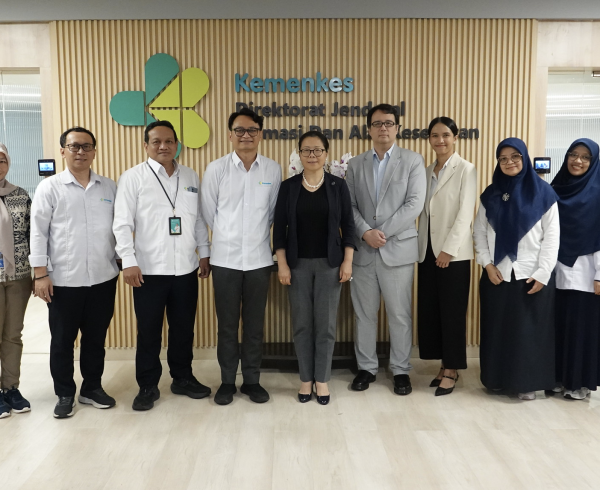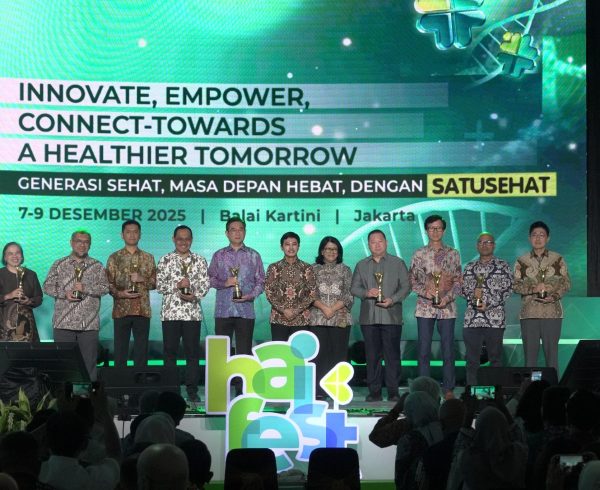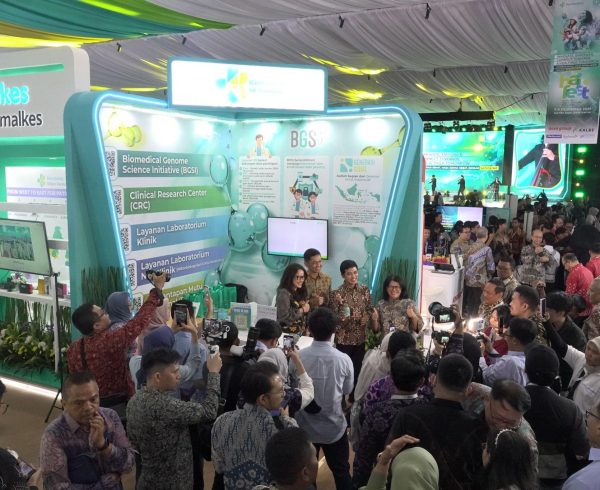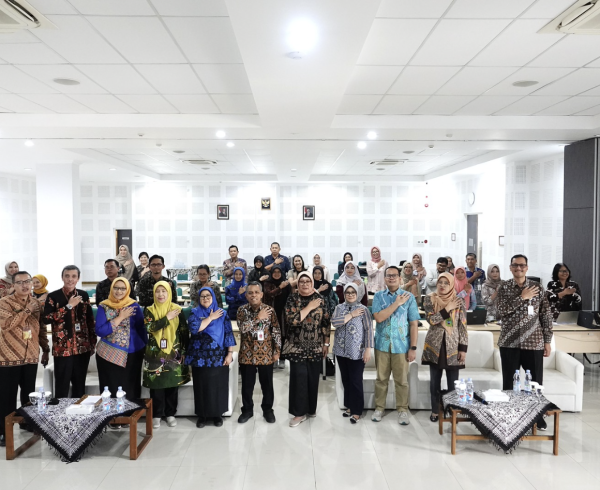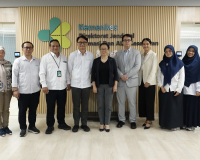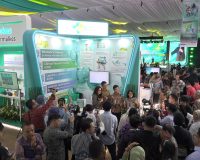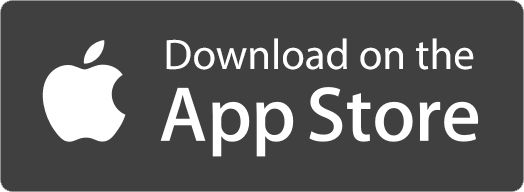Evaluation of the Implementation of the National Formulary (Fornas) is needed as an effort to monitor and evaluate the implementation of Fornas which is carried out continuously to assess compliance, impact and obstacles to the implementation of Fornas in practice.
Fornas is used as a reference for medical personnel to determine the right, most efficacious, and safe drug choices, at affordable prices and encourage the rational use of drugs to realize patient safety in the implementation of the JKN Program.
"This workshop is very important because we have Fornas which is used and becomes a guide for hospitals and health centers in the implementation of health services in drug administration," said Director General of Pharmaceuticals and Medical Devices L. Rizka Andalusia when opening the 2nd Series of Fornas Implementation Evaluation Workshop in Hospitals and Health Centers in Jakarta on Thursday (19/10).
This hybrid activity was attended by 2000 participants consisting of representatives from the Ministry of Health, WHO Indonesia, BPJS Kesehatan, Chairperson and Fornas Team, Indonesian Pharmacists Association, Head and Section of Pharmacy of Provincial / Regency / City Health Office, Director, Head of Pharmacy Installation, Chairperson of the Medical Committee and Chairperson of the Pharmacy & Therapy Committee as well as pharmaceutical personnel serving in Hospitals and Health Centers throughout Indonesia.
In his remarks, Director General Rizka said that the preparation of this formulary has been carried out with various in-depth studies both in terms of scientific and economic aspects so that quality control and cost control in JKN health services can be achieved, especially in the field of drug use.

"Fornas is a dynamic living document, which can be updated periodically in line with the latest developments in science, technology, and evidence-based medicine based on benefit and safety considerations, to ensure the availability of safe, efficacious, and quality drugs in the implementation of the JKN program," said Rizka.
Rizka further emphasized that the percentage of hospitals that use drugs according to Fornas is one of the indicators in the 2020-2024 RPJMN. "Of course, this achievement is not just a numerical achievement but also an achievement that can be useful, can really support the process of implementing health services that are guided by quality control and cost control," she said.
On this occasion, Rizka also thanked WHO Indonesia for its cooperation and support in the implementation of the evaluation of the implementation of fornas in hospitals and health centers.
The Director of Pharmaceutical Management and Services, Agusdini Banun Saptaningsih, explained that there are five criteria for drug selection that become the principles in the preparation of fornas, first, according to Agusdini, it must have a distribution license and indications approved by the POM, second, it must have the best efficacy and safety based on the latest and valid scientific evidence, third, it has the most favorable benefit-risk ratio for patients and a high benefit-cost ratio, fourth, it is needed in public health services but does not yet have a distribution license, including orphan drugs, and those that have no commercial value, fifth, it does not include traditional medicines and food supplements.
"With the implementation of Fornas as quality control and cost control, health services will be of higher quality with controlled drug spending, health services to the community will be more effective and efficient, and facilitate the planning and provision of drugs in all health service facilities according to needs," said Agusdini.
Agusdini added that the Fornas is reviewed every two years at the most. Among the changes in the Fornas edition, it is possible to make an addendum if there are drugs that are urgently needed or there is new evidence that supports the need for changes to the applicable Fornas.
"The revision of Fornas is carried out through documented, transparent and accountable stages of activities by involving various relevant stakeholders including the Health Technology Assessment Committee and / or the Clinical Advisory Board, considering efficacy, benefit-cost ratio, benefit-risk ratio and availability, as well as Pharmacoeconomic Analysis studies," Agusdini concluded.



 Workshop on Evaluation of Fornas Implementation in Hospitals and Health Centers 2nd Series in Jakarta on Thursday (19/10)
Workshop on Evaluation of Fornas Implementation in Hospitals and Health Centers 2nd Series in Jakarta on Thursday (19/10)